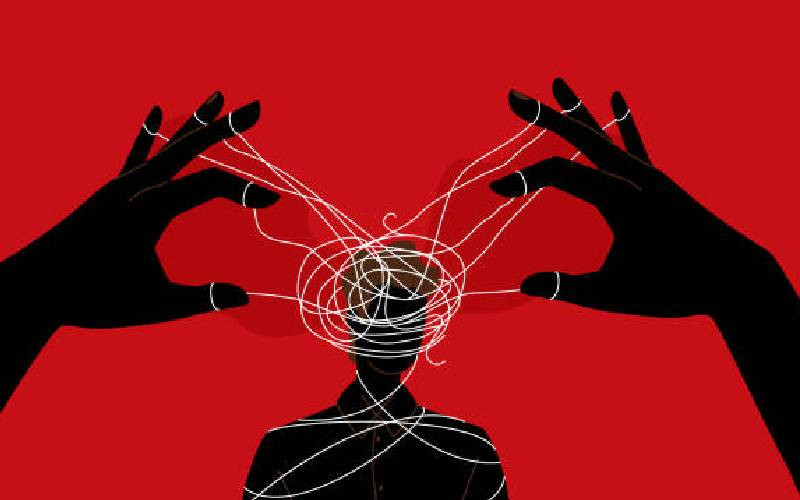×
The Standard e-Paper
Home To Bold Columnists

The East African region has been undergoing a political transformation in recent decades with a move towards democratic governance.
The region, comprising countries such as Kenya, Tanzania, Uganda, Rwanda, Burundi and Democratic Republic of Congo, has seen significant progress in establishing democratic institutions and practices, but there are still many challenges that need to be overcome.